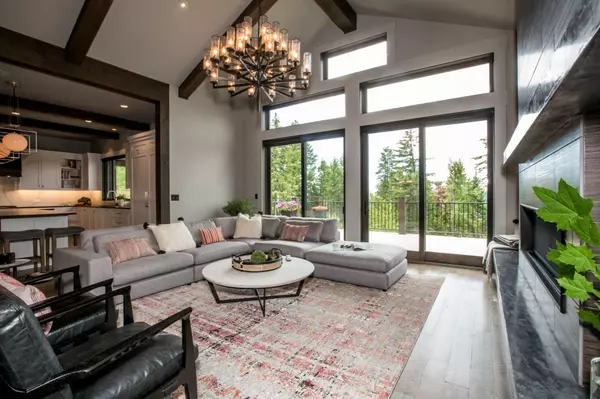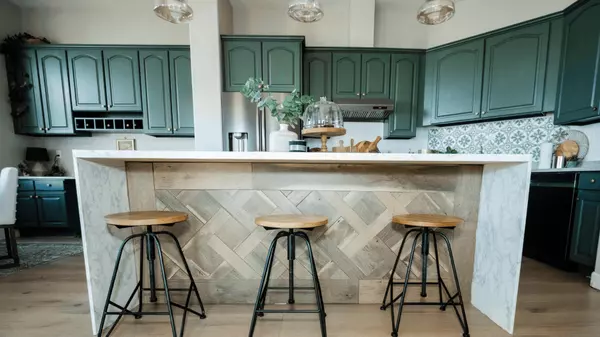There Could be Many Reasons for You to Turn Your Home into a Rental

For many, it can make sense to keep your primary home as a rental property, especially if you’re looking to bolster your real estate investment portfolio. And for anyone who took advantage of historically low interest rates just a few years ago, they are faced with the dilemma of selling and getting
Read MoreThe Top Reasons Not to Make Your Primary Home into a Rental

As a REALTOR, I meet with a lot of people who are faced with the question of whether or not to sell their home in order to buy the next one in the event they can afford to do so. That question has become even harder to answer now that so many homeowners took advantage of the historically low interes
Read MoreDenver Metro Area Housing Update - November 2023

The latest housing news for November 2023. In our professional opinion, here's what you need to know about today's real estate market conditions--despite what you may have heard: Mortgage Rates and Market Trends In a surprising turn of events, traders are not currently pricing in another rate hike f
Read More-

When preparing your home for sale, few things can have as large and immediate impact as painting. If you're selling your house, painting is a great way to increase your resale price. Paint color takes up much of a room's visual space — it draws the eye and can even influence your mood while you're
Read More -

As closing approaches you may find yourself moving before the sale is finalized with a buyer. To ensure a smooth handoff to the buyer whether you’re still in town or not, you'll need to make sure you have completed everything you are supposed to—from negotiated terms to good seller etiquette. There
Read More Denver Metro Area Housing Update - October 2023

The latest housing news for October 2023. In our professional opinion, here's what you need to know about today's real estate market conditions--despite what you may have heard: Mortgage Rates at 8% Mortgage rates have reached 8%, a level not seen in 23 years. While this might be concerning, it's im
Read MoreTo Hold or Not to Hold an Open House: The Arguments For and Against

As I was packing up from another successful open house the sellers came home, right on time. We began to chat and before we knew it, we had been chatting for about 20-30 minutes. Before I had a chance to take the open house signs down outside on the driveway, an interested potential homebuyer burst
Read More-

It seems that if there's one thing that any home seller wants during a home sale process is to be able to be in control of every aspect along the way. The outcome matters. So, the good news is there are actually three, but only three things that we can actually control in real estate. And that is:
Read More
Categories
- All Blogs 60
- advice 18
- broomfield colorado 1
- buying land 1
- client experience 8
- colorado 11
- commerce city colorado 2
- denver metro area 12
- ELEVATE newsletter 14
- FAQs 1
- firestone colorado 1
- first-time homebuyers 8
- foothills properties 1
- for sellers 8
- home improvements 1
- home valuation 1
- homebuyers 21
- homebuying in 2024 11
- inflation 4
- interior design & decor 1
- investing/investors 3
- land surveys 2
- local news 11
- market updates 1
- matt thomas 3
- monthly housing updates 7
- mortgage interest rates 12
- mortgage lending 8
- mountain properties 1
- moving 2
- national news 9
- negotiations 2
- open houses 1
- opinion 2
- press release 3
- property management 2
- property taxes 2
- radon 1
- ReaL Broker 2
- relocating 4
- remote homebuying 1
- rentals 1
- renting 1
- senior homeowners 2
- showings 3
- the altitude group 4
- thornton colorado 3
- videos 4
- vocabulary 4
Recent Posts










